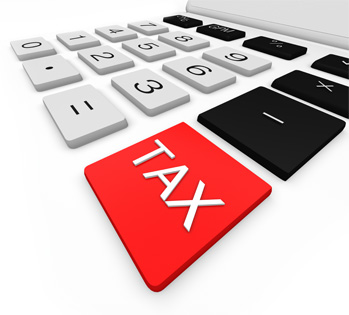Singapore Taxation
This page provides practical insights covering detailed topics about Singapore Taxation including Personal and Corporate Tax rates, GST, Double Tax Treaty, and Withholding Tax rates. It also teaches you how to manage your taxes, and provides tips on how you can reduce your income tax burden legally.
Contact Us
Tax in Singapore | Singapore Tax Guide
Need help filing your personal or corporate taxes online?
Let us do the work for you. With Rikvin, personal and corporate tax filing is done right and well before the deadline.




